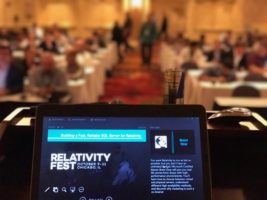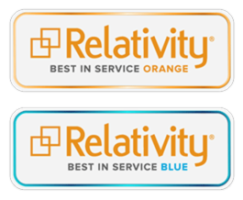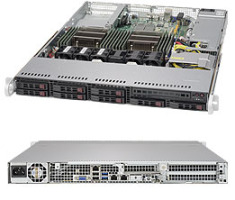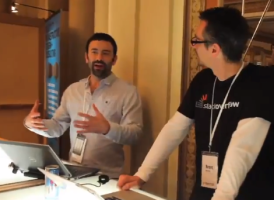sp_AllNightLog: Creating Jobs Like I’m The President
Backup and Recovery, Clients and Case Studies, ISV and SaaS Database Design, kCura Relativity, Log Shipping, SQL Server
0
Look, we need these things The setup for sp_AllNightLog creates jobs for four separate activities 1 job to poll for new databases to back up (primary) 1 job to poll for new databases to restore (secondary) 10 jobs to poll for backups to take (primary) 10 jobs to poll for restores to… whatever (secondary) And,…
Read More














